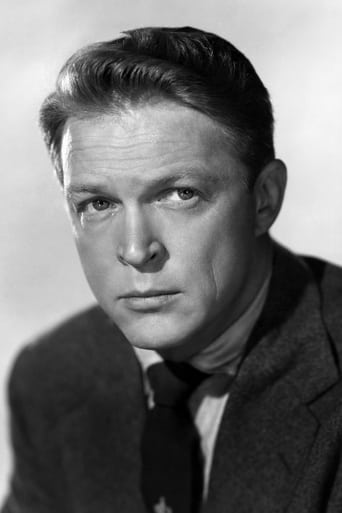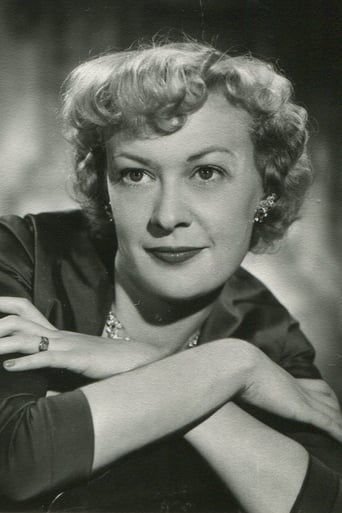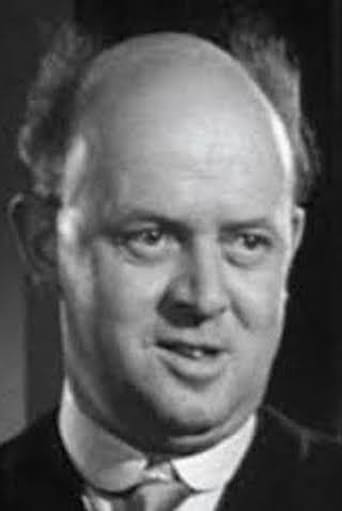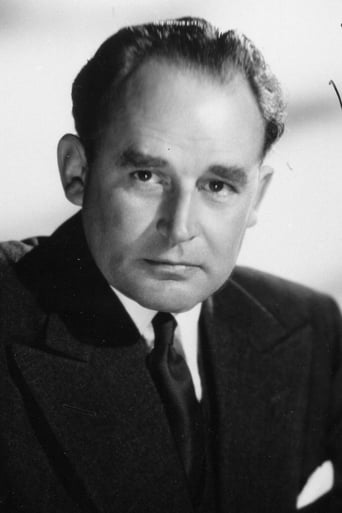Pluskylang
Great Film overall
Console
best movie i've ever seen.
Kinley
This movie feels like it was made purely to piss off people who want good shows
malcolmgsw
There is far too much music and not enough mystery.It means that the film lasts 15 minutes more then need be.Alex Nicol is yet another key lagged American who stumbled unwisely into a situation that leads to murder..He then spends the rest of the film trying to solve who is the murderer between blowing his own trumpet.It really is not particularly exciting.
mark.waltz
The brassy sounds of Alex Nicol's trumpet blare as he tries to find who came in to a rising singer's apartment after he left and killed her. Having left his horn behind, he is naturally the first suspect, even though he's at the height of his popularity and the current toast of London. Determined to clear himself, he visits everybody she knew and the list of suspects add up. Along the way, he meets her grieving sister (Eleanor Summerfield), a hard-boiled second rate night club singer who was intensely envious of her sister and slowly reveals her innermost feelings to him, a soul riddled with insecurities, self-hatred and a desire to escape from her tortured lack of self-esteem.Nicol is excellent in this look of London's jazz clubs and recording studios where a rise to fame from dive pubs and second rate recording studios can be more important than a spaghetti dinner. The revealing hatred towards the dead girl increase as characteristics of her are revealed that made her not as nice as she seemed. The musical sequences (both vocal and instrumental) are quite memorable, and the supporting performances are all on the money. This is a delightful surprise in the sometimes mixed bag of British noir, a similar story so well written with acerbic dialog and a great poem duet between Nicol and the murder victim (Ann Hanslip) that is as spicy as the "suppose" conversation between Stanwyck and MacMurray in "Double Indemnity". Then, there's Nicol's sequence of choosing a new trumpet after his has been entered by the police as evidence. It is little details like this that make this sleeper a nice discovery.
Spikeopath
The Black Glove (AKA: Face the Music) is directed by Terence Fisher and adapted to screenplay by Ernest Borneman from his own novel Face the Music. It stars Alex Nicol, Eleanor Summerfield, John Salew, Paul Carpenter and Geoffrey Keen. Out of Hammer Film Productions, music is by Ivor Stanley and Kenny Baker, and cinematography by Jimmy Harvey.Brad Bradley (Nicol) is an American trumpet player in London who finds himself suspected of murdering a lady blues singer. Bogged down by lack of sleep and with only minor clues to work from, Bradley trawls the basement Jazz clubs of the city trying to clear his name.I felt like yesterday's corpse when I finally got away that night.A murder mystery with shades of noir, The Black Glove is a decent viewing experience for the most part but one that is ultimately undone by a weak finale. Clues are followed, mystery element is strong, but the writer cheats a bit as the reveal plays out in Hercule Poirot fashion. The atmosphere and tone of the picture is impressive, we are in a world of low level music bars and one bed apartments, London's bright lights serving as the backdrop as Brad Bradley goes sleuth. He narrates as well, often providing us viewers with some wry or grizzled observations, the dialogue sharp and a bonus aspect in the film. The music is snazzy, with Kenny Baker and his Dozen providing the backbone for this music set drama, the trumpet sections particularly enjoyable. Most of the film is lighted to provide shadows, but one pre-crime shot involving street lamps only makes us lament there wasn't more of this type of photography within. Cast are good enough, especially the likable Nicol, and direction from Fisher, who would go on to become a legend amongst Hammer Horror fans, is safe and assured. 6/10
FilmFlaneur
Taking advantage of arrangements favoured by the UK's Eady levy (a state film subsidy established after the war) in 1950, American producer Robert Lippert formed a business alliance with Hammer studios. Under the agreement, Lippert would provide American acting talent - frequently shop-worn stars or just supporting actors who fancied a profitable trip out of the country - while Hammer would supply the rest of the cast and the production facilities. Together they would split the profits. Famous for his concern with the bottom line, Lippert produced over 140 films between 1946 and 1955, characteristically genre pieces such as I Shot Jesse James or Rocketship XM. For the British deal, most of the films were noir-ish thrillers. None were entirely of the first rank, but they remain never less than entertaining, and include THE BLACK GLOVE.The presence of Alex Nichol and the trumpet playing of Kenny Ball somewhat compensate for weaknesses elsewhere in The Black Glove (aka: Face The Music, 1953) a thriller set in a London world of basement jazz clubs, recording studios and dingy flats. The genial Nichol, perhaps best remembered today for his role as the rancher's crazed son in The Man From Laramie (1955), plays hero James Bradley, a musician who picks up a singer after a London concert, only for her to be murdered shortly after. Following the familiar pattern, Bradley has to discover the real killer and clear himself of suspicion. Nichol gives a likable performance as the trumpet player in a film that includes an archetypal noir voice-over as well as Kenny Ball's frequently soulful contribution on brass, which both add a good deal to the atmosphere. The opening, mutual attraction between Bradley and victim Maxine, played out over music, is especially fine. The intensity between kindred spirits recalls the first meeting in Gun Crazy (1950) while their later scenes just after, expressing their growing romance in cynical rhyming couplets ("Ashes to ashes, dust to dust, show me a woman a man can trust," etc), is also memorable. Bradley's continuous, professed lack of sleep adds to the dream-like mood of the piece. Maxine's sister Barbara works in Soho's Underground Club - "the sort of place you live horizontally or not at all" and most of the clues are found in and around the music produced there. The end of the film is more disappointing, a curious throwback to traditional whodunits, with principal suspects and interested police gathered together in a single room, so that the killer can be progressively unmasked. It's a clumsy and unconvincing narrative device. Director Fisher would later be associated with many of Hammer's celebrated Gothic horror releases.





